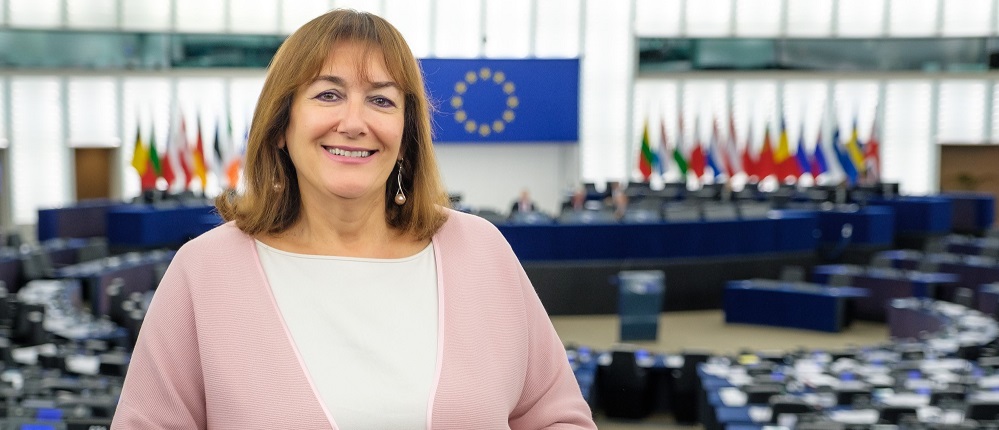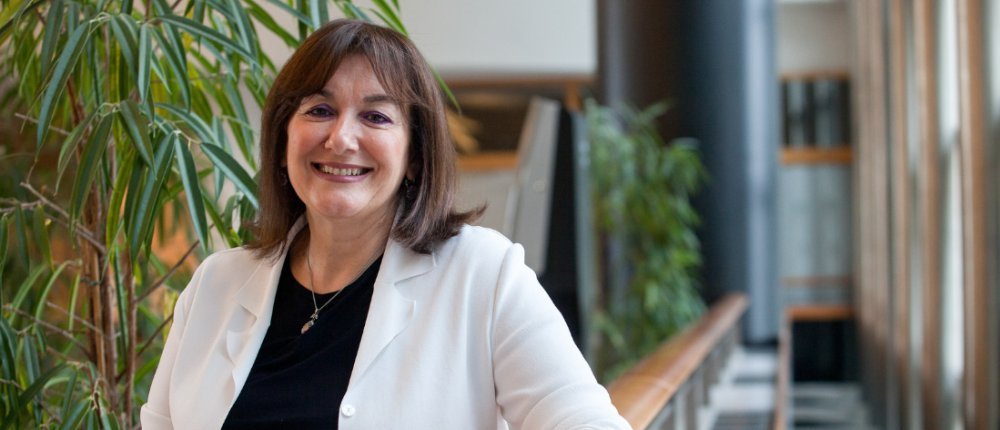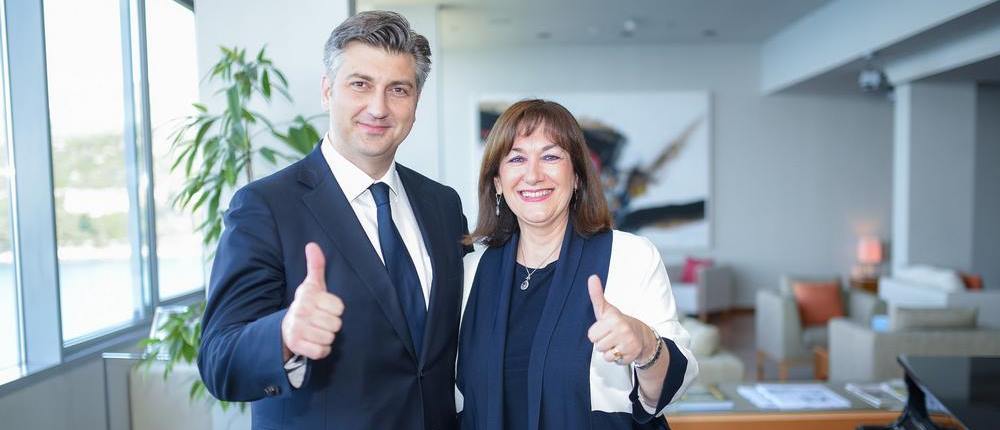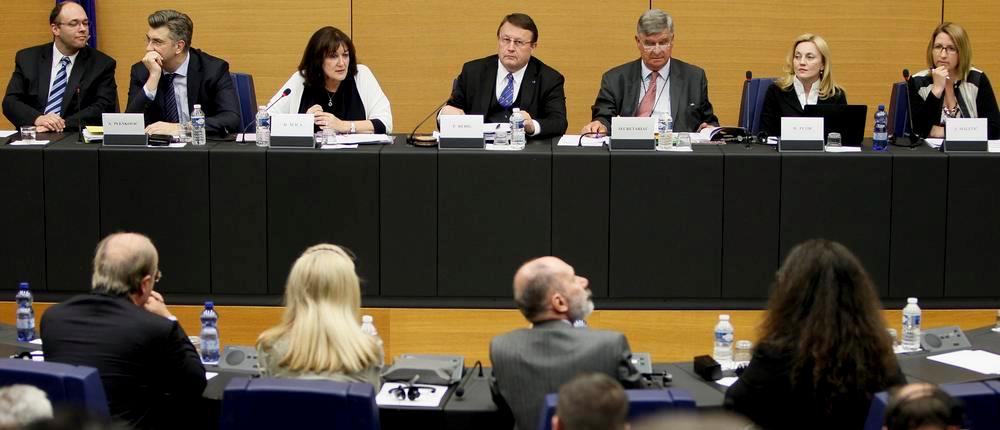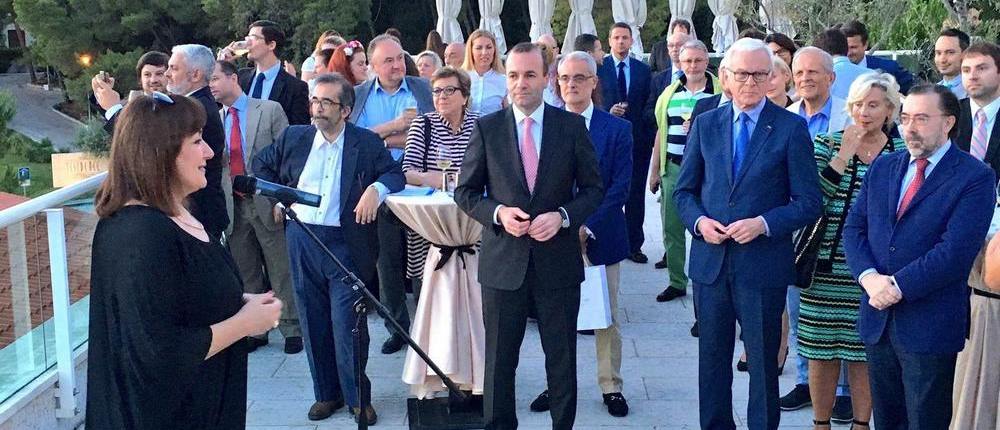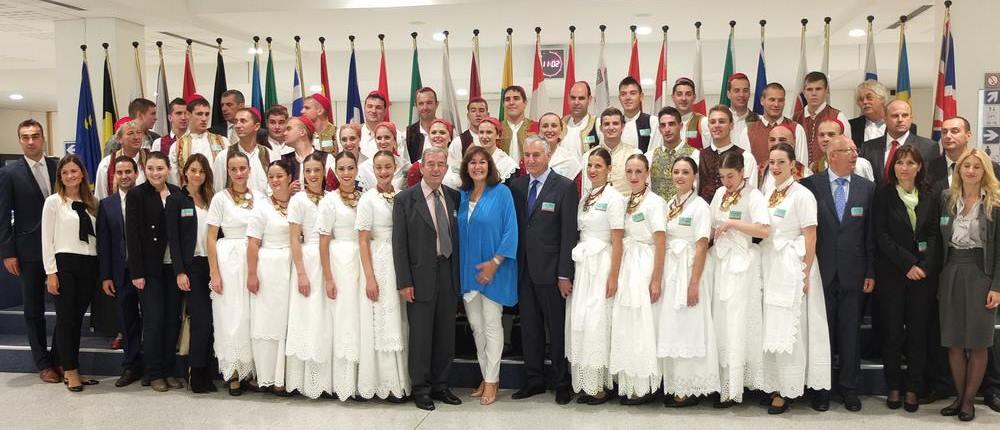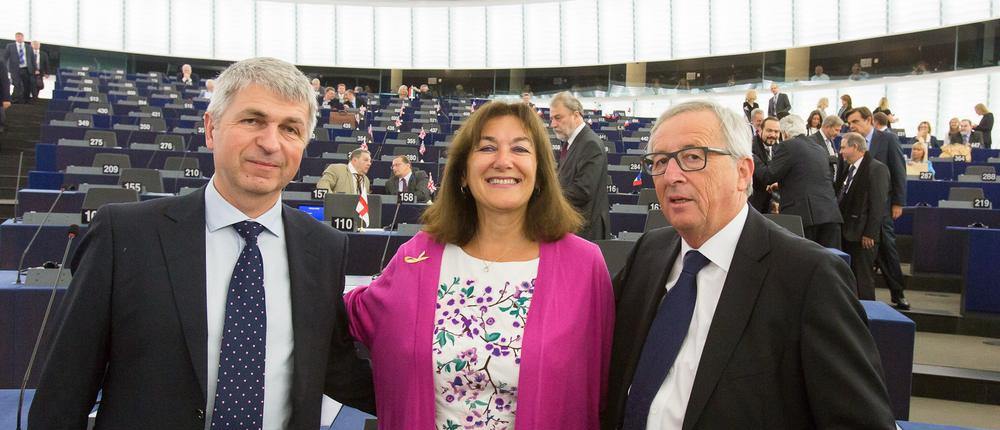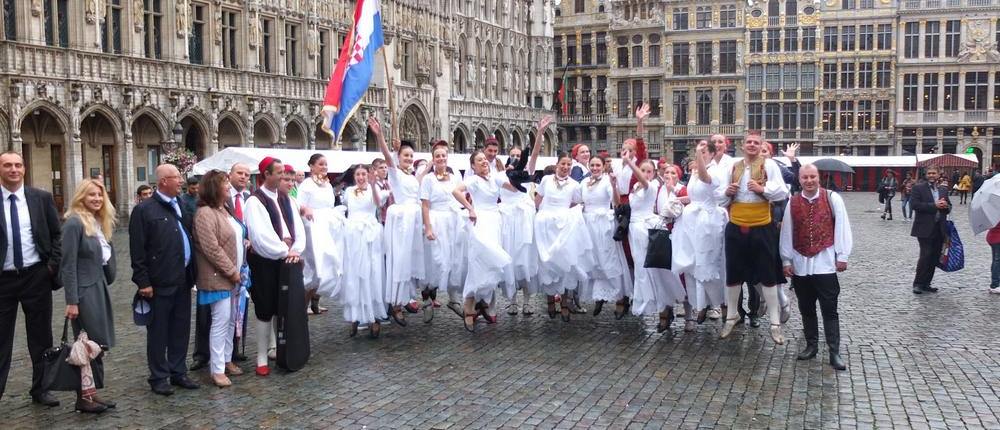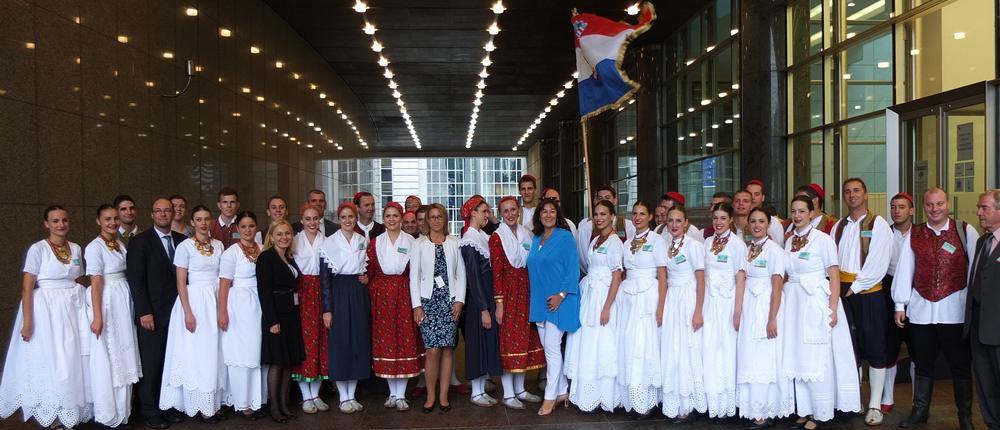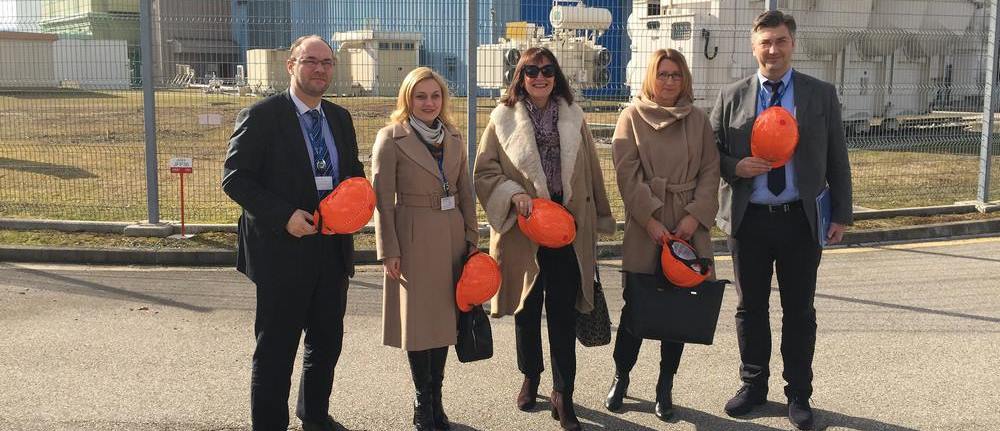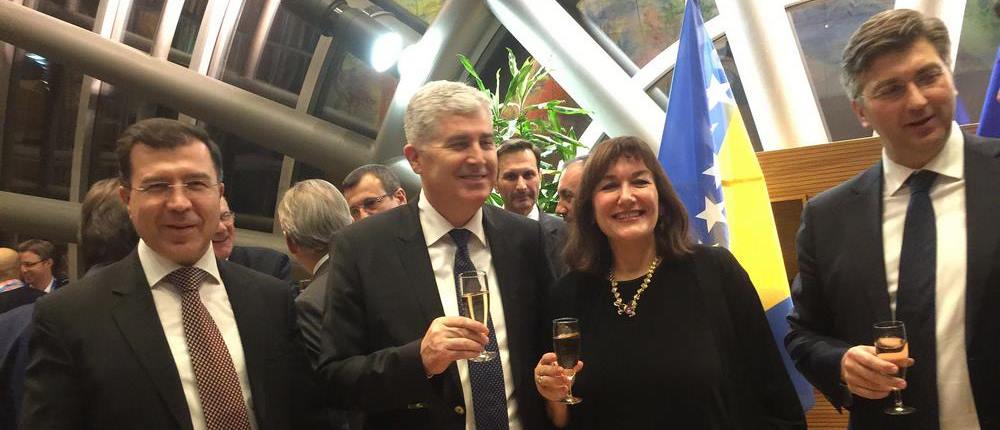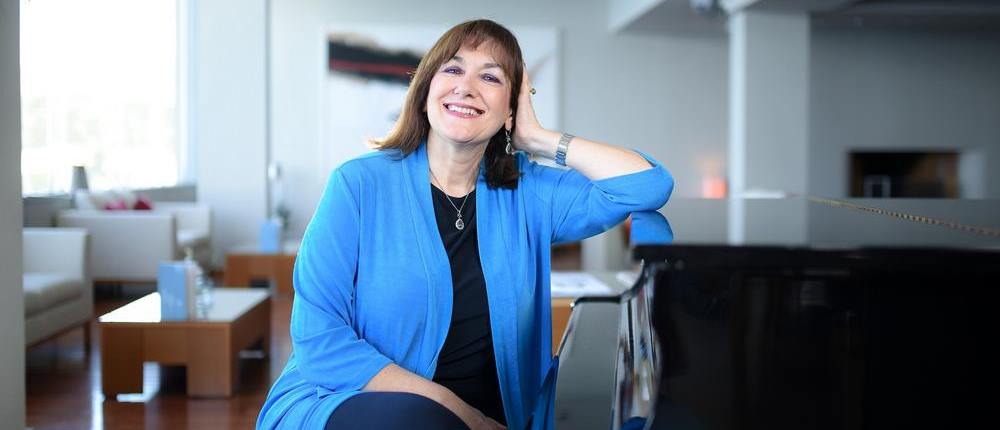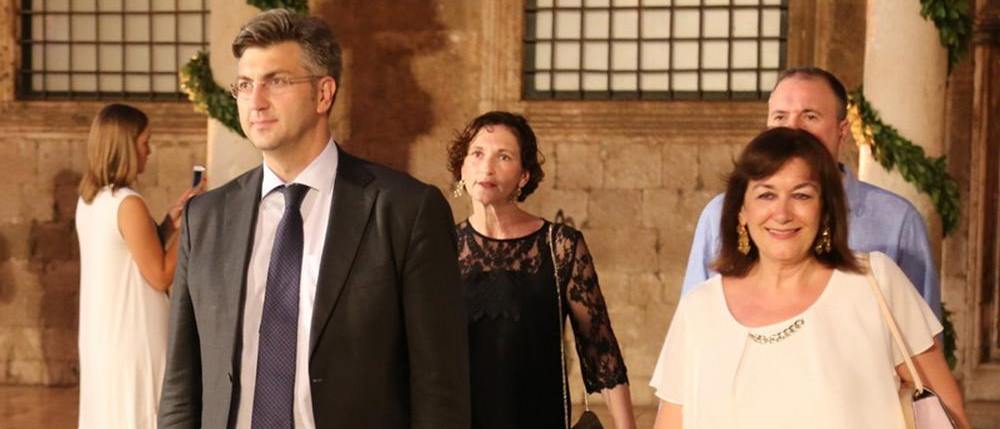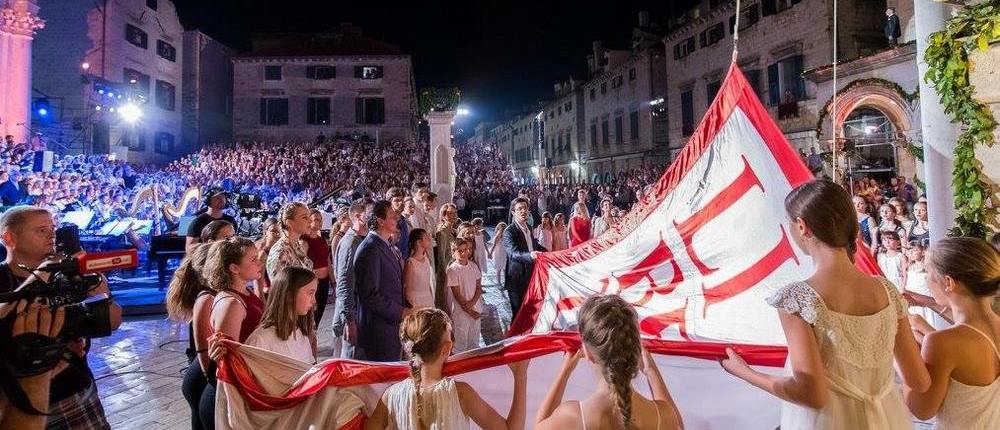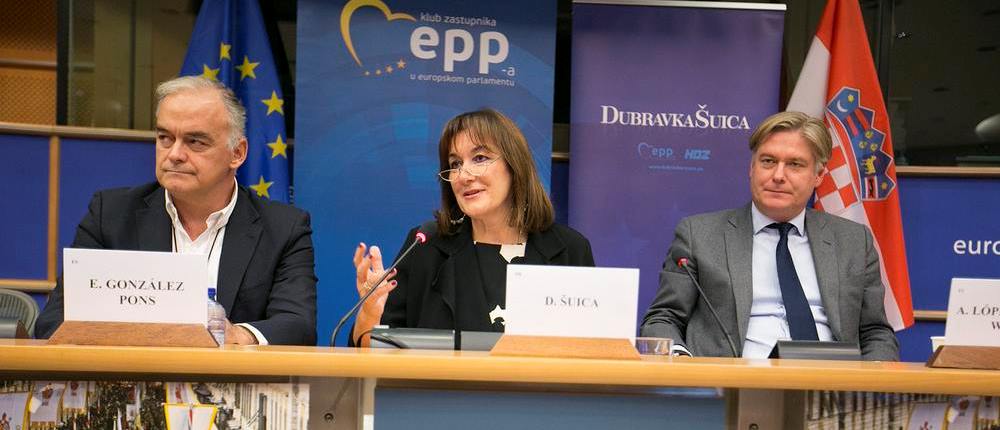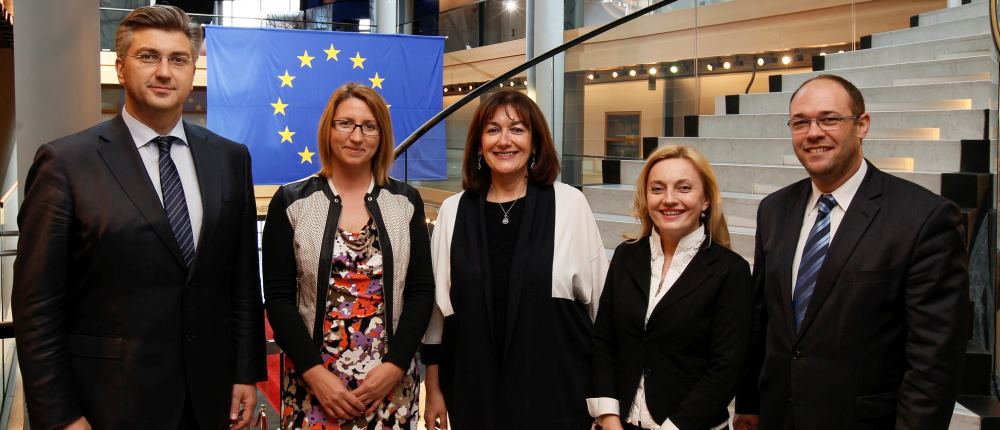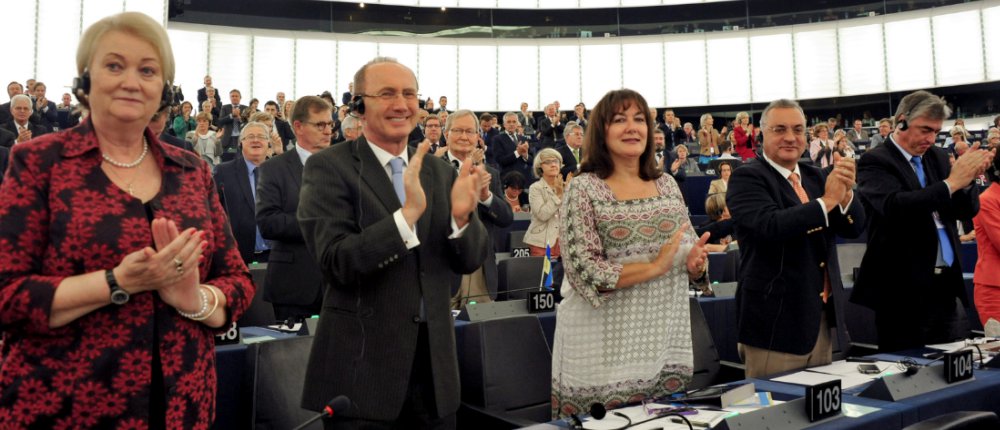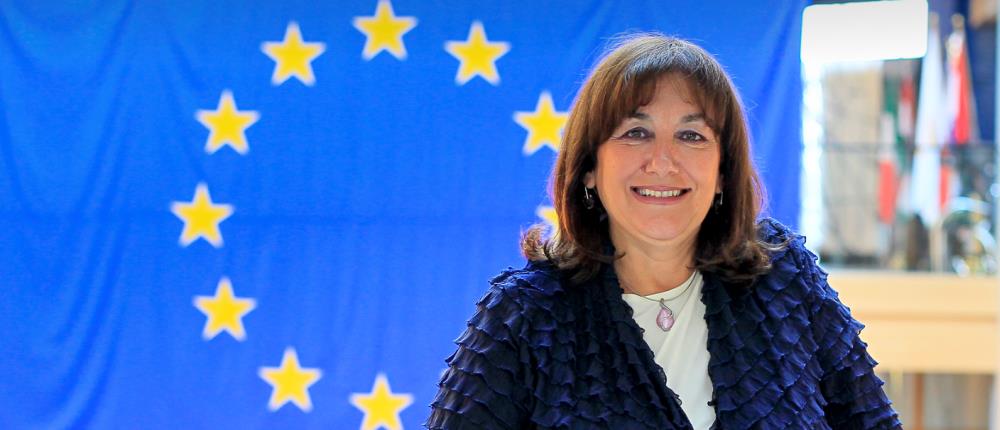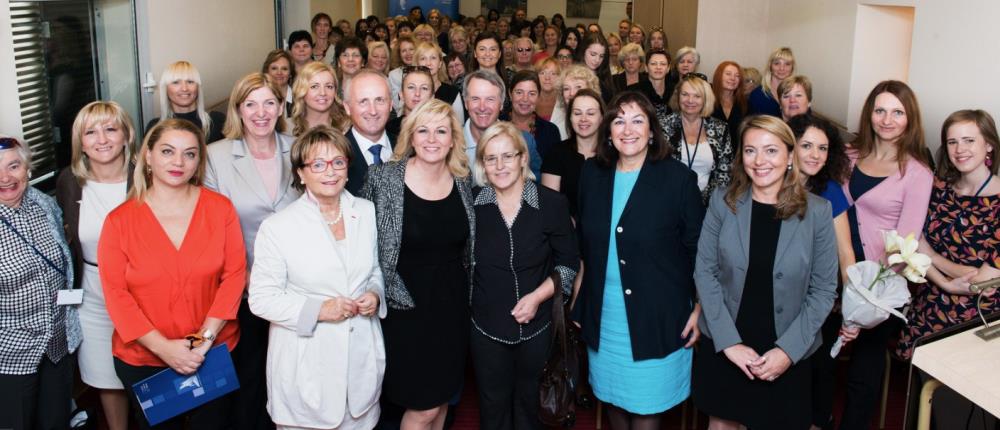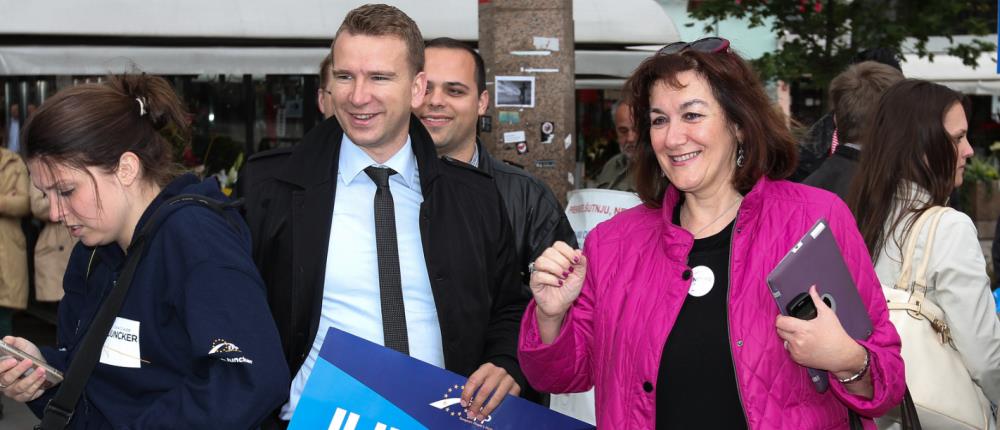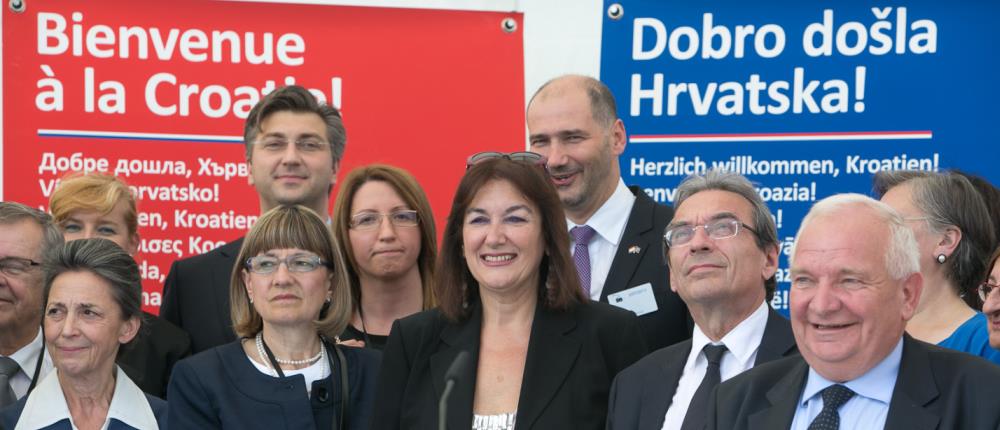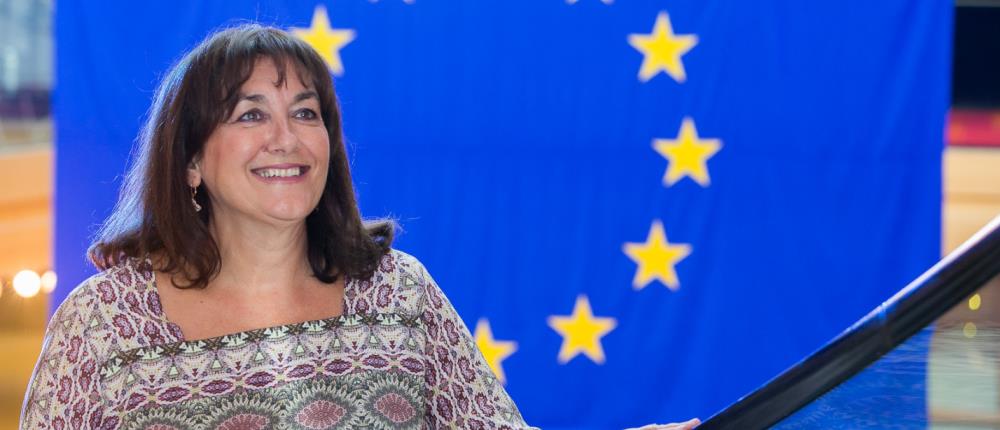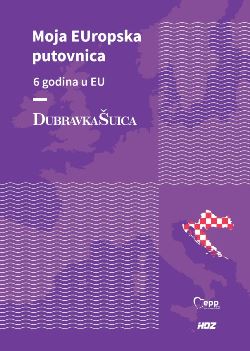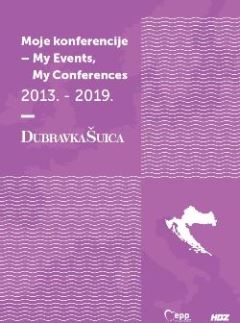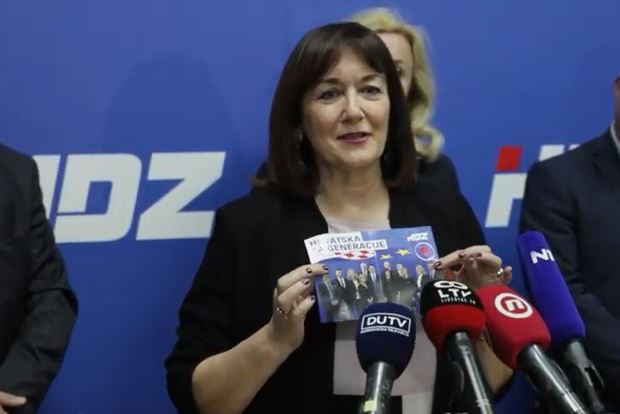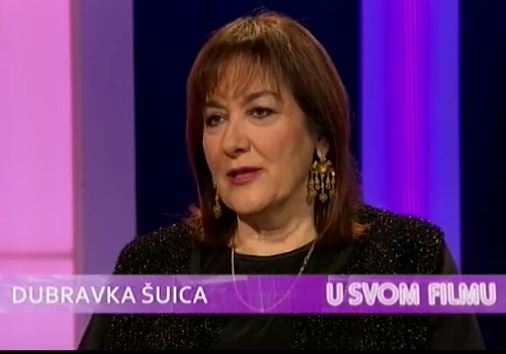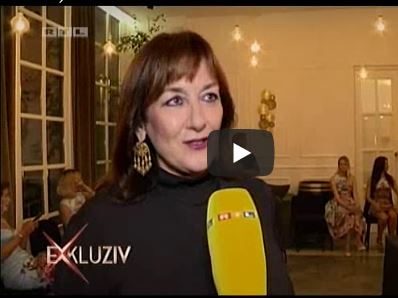Constitutive session of the European Parliament
Election of the President of the European Parliament During the constitutive session of the new European Parliament on 1 July 2014, Martin Schulz (S&D, DE) was re-elected as President in the first secret ballot with the support of the EPP Group. To form a stable majority in the European Parliament and to build a reform agenda in Europe for the next five years, the EPP Group and the S&D Group agreed to share the Presidency of the Parliament so that the EPP Group candidate will hold the Presidency from January 2017 onwards. The ALDE Group also followed this pro-European stance.
Election of the 14 EP Vice-Presidents
All 14 European Parliament Vice-Presidents were elected in three rounds of voting at this month's constitutive session. EPP Group success: the first 6 Vice-Presidents, all candidates from the EPP Group, were elected in the first ballot: Antonio Tajani (IT) 452 votes Mairead McGuinness (IE) 441 votes Rainer Wieland (DE) 437 votes Ramón Luis Valcarcel Siso (ES) 406 votes Ildikó Gall-Pelcz (HU) 400 votes Adina Ioana Valean (RO) 394 votes
Election of the 5 EP Quaestors
Two Members of the EPP Group have been elected as Quaestors of the European Parliament: Elisabeth Morin-Chartier (FR): 452 votes Andrey Kovatchev (BG): 420 votes
Council and Commission Statements
Farewell and review of the EU Greek Presidency On Wednesday morning, MEPs debated the results of the 26-27 June European Council with the President of the European Council, Herman Van Rompuy, and the President of the European Commission, José Manuel Barroso. The debate focused on the EU's priorities for the next five years, the situation in Ukraine and the national economic reform plans. MEPs also debated the work of the Greek Presidency during the first 6 months of 2014. Progress on the European Monetary Union (EMU), jobs and growth, border and migration management and EU maritime policies topped the list of achievements under Greece’s EU Presidency cited by Prime Minister Antonis Samaras in the plenary debate. European Commission President José Manuel Barroso summarised the Greek Presidency in three words: "logos", "pathos" and "ethos".
Hello to the Italian Presidency of the European Union
Italian Prime Minister, Matteo Renzi, presented the programme of activities of the Italian Presidency for the next six months, with an intervention by the President of the European Commission, José Manuel Barroso. On 1 July 2014, and for the 12th time in its history, Italy took over the Presidency of the Council of the European Union. Matteo Renzi, Prime Minister of Italy, debated his country's EU Presidency priorities with MEPs in the plenary. Manfred Weber MEP, Chairman of the EPP Group in the European Parliament, welcomed the Italian PM’s announcement on structural reforms and budget consolidation, both in Italy and at European level: “The key issue for Europe is to generate growth. We need reforms for that. Our political family has been in the lead, in Greece, Portugal, Ireland, to implement these reforms, which required a lot of sacrifices from the citizens of these countries. These reforms are now bearing fruit”, he underlined. “However there is a great difference between us on the lessons to be learned from the crisis”, Manfred Weber continued. “One of the lessons is that piling up debt is never a solution. Debt destroys the future. We need more sustainable growth, because what we want to leave our children is more opportunities, not greater debt”, he insisted. The Chairman of the EPP Group in the European Parliament underlined that, as far as the Stability and Growth Pact is concerned, there should be no difference between large and small countries in the European Union. “If we were to give France and Italy more time to fulfil their commitments, what would we say to the smaller countries that have made all these sacrifices?”, he asked. Manfred Weber reiterated that abiding by the rules of the Stability and Growth Pact was key to restoring confidence in Europe’s economy: “We have to stick to what was agreed. We have to implement what we have decided and show our citizens that we are responsible”, he concluded.
Distribution of committee posts
The distribution of committee posts for Parliament’s twenty committees and two sub-committees for the new legislative term were approved in a vote on Wednesday and MEPs were nominated to committees on Thursday. The EPP Group also elected its coordinators for each parliamentary committee. The EPP Group attained the chairmanships of 8 parliamentary committees, which will have their constitutive meetings next week:
- Committee on Foreign Affairs
- Committee on Agriculture and Rural Development
- Committee on Environment
- Committee on Industry, Research and Energy
- Committee on Legal Affairs
- Committee on Fisheries
- Committee on Constitutional Affairs
- Committee on Budgetary Control



